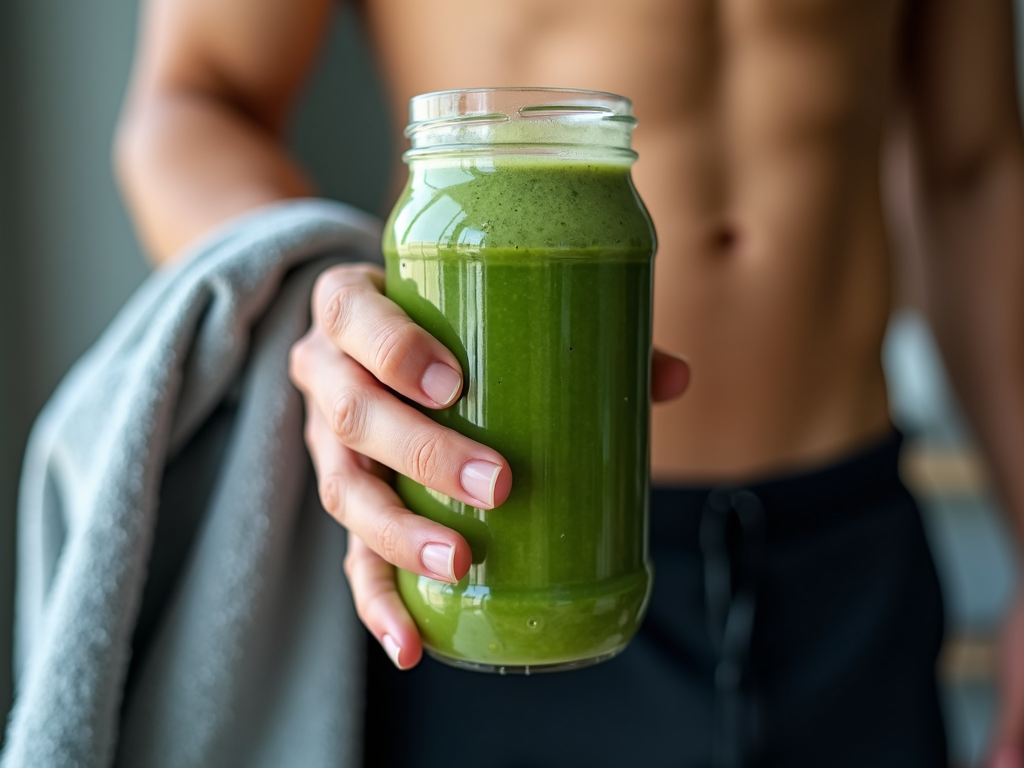Holistic Approaches to Male Infertility: A Comprehensive Guide
March 19, 2025, 9:09 a.m.
Overview
Male infertility affects millions of couples globally. It’s a tough challenge, but holistic approaches offer hope. These natural methods focus on lifestyle, diet, and alternative therapies to boost sperm quality and overall health. This guide explores practical ways to tackle infertility head-on.
What Is Male Infertility?
Male infertility often gets less attention than it deserves. It’s a key reason many couples struggle to conceive. Sperm quality, count, and movement play huge roles. Poor lifestyle choices, stress, or even age can mess things up. Knowing what’s behind it helps you take control.

Lifestyle Changes That Work
Small shifts in your daily routine can make a big difference. Exercise is a game-changer—think 30 minutes of brisk walking or lifting weights most days. It boosts blood flow and keeps hormones in check. Cutting out smoking and heavy drinking? Non-negotiable. These habits tank sperm quality fast.
Stress is another silent killer. I’ve seen guys transform their numbers just by chilling out more. Try deep breathing or a quick meditation session daily. Sleep matters too—aim for 7-8 hours. Your body repairs itself overnight, and that includes your reproductive system.

Eating for Better Sperm
What you eat directly affects your fertility. Load up on antioxidants—think berries, spinach, and nuts. They fight off damage to sperm cells. Zinc and vitamin C are must-haves too; oysters and oranges are solid picks. I started adding seeds like pumpkin and chia to my meals, and it’s easy once you get the hang of it.
Here’s a quick list of fertility-friendly foods: - Leafy greens: Spinach, kale - Nuts: Almonds, walnuts - Fruits: Blueberries, citrus Cut back on junk food and sugary drinks. Processed stuff throws your hormones out of whack and drags down sperm quality.
Alternative Therapies to Try
Ever thought about acupuncture? It’s not just for back pain. Studies show it can lower stress and boost blood flow where it counts. Herbal options like ashwagandha or maca root are worth a look too—just talk to a pro first. Yoga’s another winner. I’ve done it for months, and the calm it brings is unreal.

Sperm Quality and Age Correlation
Age hits men’s fertility harder than most realize. After 35, sperm quality often dips—less movement, more damage. It’s not a death sentence, though. I’ve met guys in their 40s who turned it around with these holistic tricks. Regular check-ups help you stay ahead of the curve.
Here’s a table to break it down: | Age Range | Sperm Quality Impact | |-----------|---------------------| | 20-30 | Peak performance | | 30-40 | Slight decline | | 40+ | Noticeable drop | Staying active and eating right can slow that slide.

My Take on Going Holistic
I’ll be real—switching to a holistic approach isn’t instant magic. It took me weeks to feel a shift and months to see solid results. Patience is key. I used to grab fast food daily; now I cook most nights. My energy’s up, and my last sperm check showed better numbers. It’s a grind, but it works.
One tip: start small. Swap one bad habit—like late-night scrolling—for something good, like a walk. Build from there. Consistency beats perfection every time. I’ve talked to other guys who swear by this too—less stress, better health, happier relationships.

Putting It All Together
Holistic approaches to male infertility aren’t about quick fixes. They’re about building a healthier you. Mix in exercise, clean eating, and maybe some yoga or acupuncture. Track your progress with a doctor. Over time, you’ll likely see your sperm quality—and your life—improve.
Wrapping Up
Male infertility doesn’t have to be a roadblock. Holistic methods give you tools to fight back naturally. From better food to less stress, these steps add up. Stick with it, and you might surprise yourself with the results. Want more? Check out the recommended reads below.